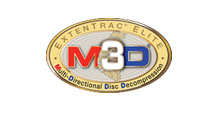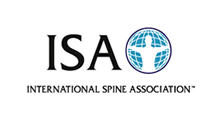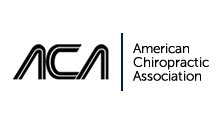
Spine Disorders
|
WHEN TO SEE A SPINE
SPECIALIST If
you experience neck or back pain that interferes with your normal activities
for longer than a few days, call your doctor to be evaluated. If neck or back
pain increases when you cough or sneeze you may have a herniated disc. If you
experience neck or back pain that persists or progresses you should be seen by
a physician. If you lose control of your bladder or bowels, or if you develop
numbness or weakness in the arms or legs, seek prompt medical attention. If you
develop numbness and weakness in both legs you may have a condition referred to
as a cauda equina syndrome. This can develop secondary to compression of
several spinal nerves in the low back (lumbar spine). Causes include a cyst,
tumor, disc herniation or abcess.. This condition may require prompt surgery You should
seek the advice of a spine specialist if neck or back pain persists for more
than two weeks or if it is progressive in intensity and/or distribution. You
should seek immediate healthcare attention if neck or back pain occurs as the
result of an injury or if it is associated with serious illness and/or a high
fever. Additional signs and symptoms which warrant prompt medical attention
include:
Thoracic
disc herniations occur much less often than cervical herniations. SIGNS AND SYMPTOMS You can have a herniated disc without any symptoms at all. Asymptomatic herniated discs are often detected as incidental findings on advanced forms of diagnostic imaging such as MRI or CT scans. The degree of symptoms does not always correlate with the size and location of the disc herniation. The most common signs and symptoms of a herniated disc are:
If there is compression of the spinal cord in the neck
or midback secondary to a disc herniation this can cause muscle weakness and muscle
tightness (spasticity) below the level of compromise. In severe cases it can
lead to bowel and/or bladder dysfunction as well as gait abnormalities.
Compression of multiple spinal nerves in the low back (lumbar) region can casue
a cauda equina syndrome characterized by nerve symptoms and a loss of normal
bladder function. Spina cord compression with signs and symptoms and cauda
equina syndrome both represent a potential surgical emergency.
|
















